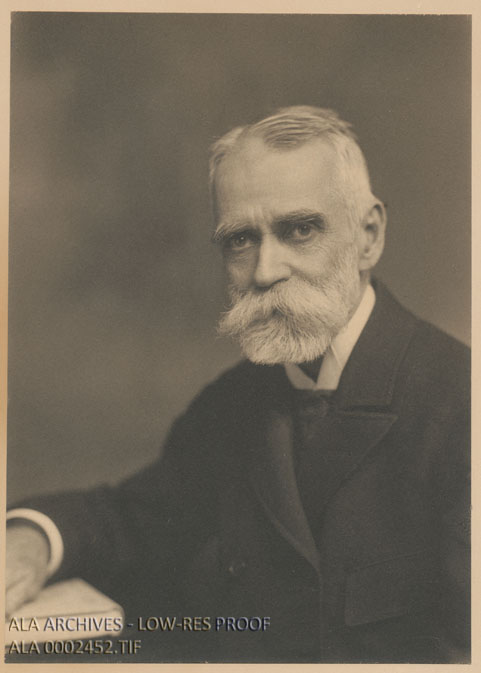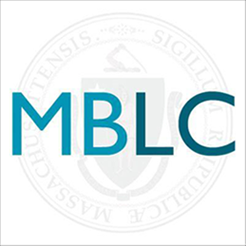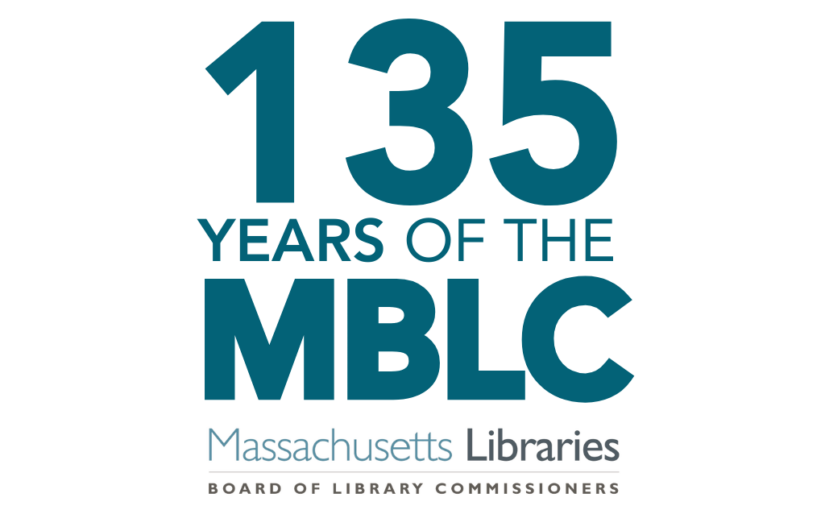
Samuel Swett Green (of Worcester, 1837-1918) was a pioneering American librarian. He is considered to be the “Father of Library Reference” for his emphasis on personal assistance in libraries. A graduate of Harvard College and Harvard Divinity School, he come the second librarian of Worcester Free Public Library in 1867, where he shaped practices that would influence libraries nationwide.
- How did Samuel Swett Green champion libraries in Massachusetts?
Samuel Swett Green, often called the “father of library reference,” championed the growth and accessibility of libraries during his tenure as a library commissioner in Massachusetts. He advocated for the establishment of free public libraries across the Commonwealth, emphasizing their role in education, civic engagement, and equal access to knowledge for all.
- How did Samuel Swett Green’s work challenge the cultural, social, or political norms of the late 1800s and early 1900s?
Samuel Swett Green’s work challenged the cultural and social norms of the late 1800s and early 1900s by promoting free public libraries as democratic institutions open to all, regardless of class or background. At a time when access to knowledge was often limited to the privileged, his advocacy for equal access to information pushed against entrenched social hierarchies and expanded opportunities for civic participation.
- What personal experiences shaped Green’s tenure as a library Commissioner?
Born in Worcester in 1837, Samuel Swett Green was shaped by his Harvard education and career at the Worcester Free Public Library, where he pioneered active librarian assistance. Living in an era of rapid industrial change, he believed libraries should promote education and civic participation, which guided his work as Massachusetts library commissioner in expanding free public libraries across the state.
- How does Green’s impact still resonate in today’s libraries, and what can we learn from his legacy?
Green’s impact still resonates in today’s libraries through his vision of librarians as active guides who connect people with knowledge, and during his time at Worcester Public Library he pioneered library reference service with school children and factory workers. Because of Green’s commitment to public service, the Worcester Public Library:
- Was the first public library in the U.S. to open on Sundays (1872),
- Established a lending collection of artwork,
- Instituted interlibrary loans, and
- Advocated the use of the telephone in libraries as early as 1880.
From his legacy, we learn the enduring importance of accessibility, personal service, and community engagement as core values in library work.
- An MBLC Favorite Quote by Commissioner Green:
‘There are few pleasures comparable to that of associating continually with curious and vigorous young minds, and of aiding them to realize their ideals.”
From an 1876 essay by Green titled Personal Relations between Librarians and Readers.
- Interesting facts about Samuel Swett Green:
- Green was a founding library commissioner in Massachusetts as well as one of the founders of the American Library Association (ALA) and the Massachusetts Library Club which is now known as the Massachusetts Library Association (MLA).
- Green wrote two books: Library Aids and Libraries and Schools.

